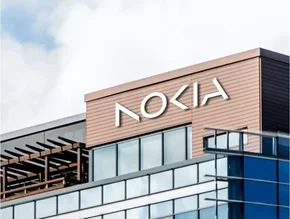InterDigital joins AIMM to develop 5G through MIMO

InterDigital, the Delaware-based technology company, is partnering with specialists in a new technical research consortium to improve 5G performance via Artificial Intelligence (AI) and Massive MIMO.
The consortium, called AIMM, will be developing technology and solutions to enhance Massive MIMO. This is an extension of MIMO and groups together antennas at the transmitter and receiver to provide better throughput and better spectrum efficiency.
The AIMM project consortium will study AI algorithms in the 5G RAN to enhance Massive MIMO technology performance and develop universal access to 5G.
InterDigital is the project coordinator, responsible for organising a team of specialist researchers from across industry and academia. The group will explore new AI algorithms and innovative uses of massive MIMO configurations. Current members of the consortium include British Telecom, Vilicom, University of Bristol, Loughborough University, ThinkRF, Nokia Bell Labs Stuttgart, Universität Stuttgart, and IMST GmbH.
Alain Mourad, Director of Engineering Research and Development at InterDigital, explained, “The AIMM consortium is driving meaningful improvements in 5G, and InterDigital is honoured to work alongside such esteemed partners to develop and leverage our industry’s most cutting-edge solutions to enhance the potential of a highly anticipated 5G.”
He said, “Our tireless work on comprehensive AI algorithms, coupled with the collaborative effort to enhance the RAN through massive MIMO, brings us a step closer to achieving the ubiquitous 5G we seek.”
Commitment
So far, AIMM consortium, which is set to conclude its findings by September 2022, is committed to proposing novel use cases, defining KPIs, and quantifying the business imperative for AI-embedded 5G.
The project aims to improve the radio interface and radio access network (RAN) by exploring novel antenna configurations and intelligent metasurfaces. It will also work on building new AI-based algorithms to enhance 5G New Radio and RAN and validating these enhancements in proof-of-concept experimental testbeds.
- Sustainability Focus Increasing Across Telecoms IndustrySustainability
- Powering a Smartphone with AI: Apple and OpenAI in TalksTechnology & AI
- Manish Mangal Becomes Tech Mahindra CTO for Telecom BusinessTelecommunications
- A New Chapter for the World’s Largest Technical OrganisationTechnology & AI






